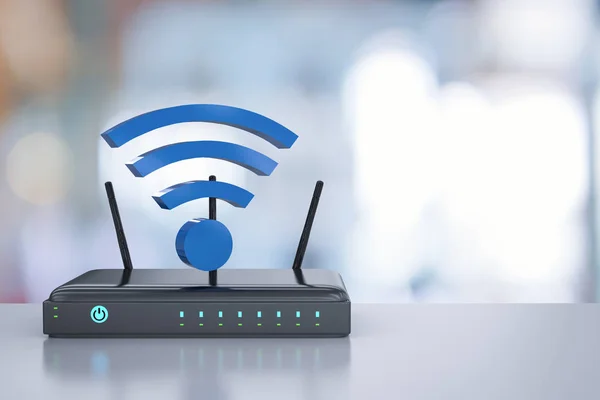
In the ever-evolving landscape of wireless networking, security is a paramount concern. With the increasing prevalence of smart devices, IoT gadgets, and a growing reliance on wireless connectivity, the need for robust security measures has never been greater. Enter WPA3, the latest advancement in Wi-Fi security protocols. If you’re wondering what exactly WPA3 is and how it stacks up against its predecessor, WPA2, you’ve come to the right place. In this blog, we’ll delve into the world of WPA3, exploring its features, benefits, and how it differs from WPA2, the trusted security standard that has safeguarded our Wi-Fi networks for years. Whether you’re a tech enthusiast, a network administrator, or simply someone curious about enhancing their Wi-Fi security, join us on this journey to discover what WPA3 brings to the table and why it matters in our connected world.
Encryption:
- Enhanced Encryption: WPA3 uses the latest encryption protocol, which is the 256-bit encryption standard called the “Commercial National Security Algorithm” (CNSA) Suite. This encryption is much stronger than the 128-bit encryption used in WPA2.
- Individualized Data Encryption: In WPA3, even if multiple devices are connected to the same Wi-Fi network, they each have their unique encryption keys. This means that compromising one device’s encryption key does not expose the security of the entire network.
- WPA2 uses AES-CCMP while WPA3 uses AES-GCMP. GCMP is considered more efficient than AES-CCMP, especially in terms of data encryption and decryption. It can provide faster data transfer speeds, which is important for modern high-speed Wi-Fi networks. Also implements Simultaneous Authentication of Equals (SAE) handshake protocol, which protects against offline dictionary attacks, making it more resilient to password-guessing attacks.
Protection Against Brute-Force Attacks:
- WPA2: WPA2 is vulnerable to offline dictionary attacks, where an attacker can capture a Wi-Fi handshake and then attempt to crack the password offline.
- WPA3: WPA3 includes protections against offline dictionary attacks, thanks to the SAE handshake. This makes it significantly more secure against password-guessing attacks.
Forward Secrecy:
- WPA2: WPA2 does not provide forward secrecy, which means that if an attacker captures encrypted data, they could potentially decrypt it in the future if they obtain the network’s password.
- WPA3: WPA3 incorporates forward secrecy, ensuring that even if an attacker captures data, it cannot be used to decrypt future communications because each session uses a unique encryption key.
Public Wi-Fi Security:
- WPA2: WPA2 does not offer specific features for securing public Wi-Fi networks.
- WPA3: WPA3 introduces a “public network” mode designed to enhance the security of open and unsecured public Wi-Fi networks, reducing the risk of data interception.
Backward Compatibility:
- WPA2: WPA2 is backward-compatible with WPA, which allows devices using older Wi-Fi security standards to connect to a WPA2-protected network.
- WPA3: While WPA3 itself is backward-compatible with WPA2, there may be some limitations in terms of device compatibility. Devices that support WPA3 can still connect to WPA2 networks, but not all older devices may be able to connect to WPA3 networks.
Industry Adoption:
- WPA2: WPA2 has been widely adopted and has been the standard for securing Wi-Fi networks for many years.
- WPA3: WPA3 is the newer and more advanced standard, but its adoption may take time to become widespread.
After weighing the options newer in this case is better. However, please remember that some of your devices may not be compatible and will not be able to connect. Although WPA3 is an improvement WPA2 is still secure but know that with time WPA3 will be a necessary upgrade in the future.
1













